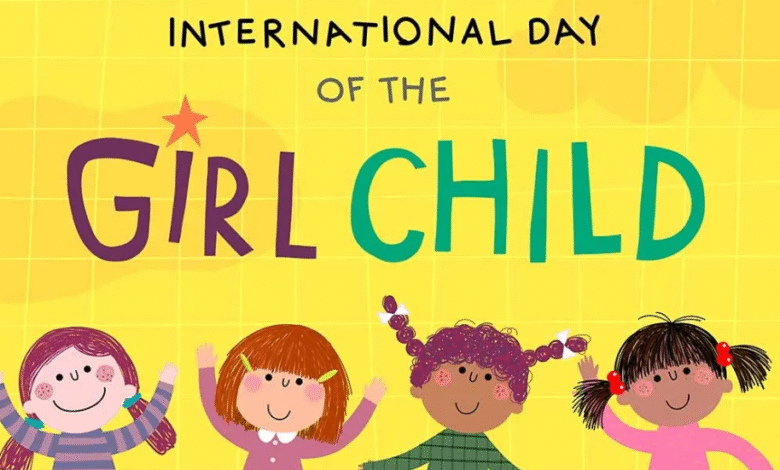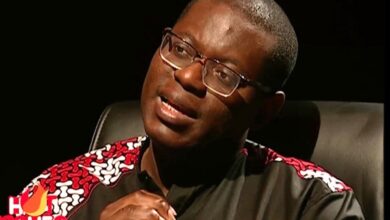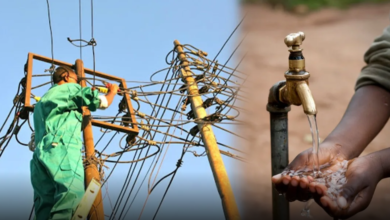West and Central Africa’s Girls Demand Urgent Action on Rights and Inclusion

More than 100 girls from 24 countries across West and Central Africa have gathered in Dakar to make a powerful demand to their leaders: respect our rights, listen to our voices, and act now.
The two-day West and Central Africa Girls’ Summit, organized to mark the International Day of the Girl, brought together young delegates who called for stronger action to end discrimination, violence, and harmful practices that continue to hinder girls’ development across the region.
“We want to be taken into account when our history is written because our voices are important,” said Isabel from Equatorial Guinea, one of the young participants.
A Call for Real Change
Thirty years after the Beijing Declaration on Women’s Rights, the girls declared that progress in achieving gender equality has been too slow and that many promises made to them remain unfulfilled. Their unified message to governments and partners was clear: girls’ rights cannot wait.
Drawing from national consultations held across the region, the girls identified six priority areas for accelerated action.
They called for inclusive and equitable education, saying, “Make school just and inclusive for all. Give scholarships to those who need them most, and teachers who care.”
They demanded access to quality health care that is confidential and tailored to girls’ needs.
On environmental protection, they said, “Protect our planet, protect our future. Climate change is real and it is putting girls’ lives at risk.”
They also urged governments to end child marriage and female genital mutilation by keeping girls in school and expanding access to adolescent-friendly health services.
For justice against gender-based violence, the girls called for stronger laws, strict enforcement, and justice for survivors.
Finally, they demanded that all development plans and policies ensure the inclusion of girls with disabilities.
Setting Their Own Agenda
During the summit, participants worked on a regional declaration urging governments, regional institutions, and international partners to put girls’ voices at the centre of decision-making, create safe spaces for girls to freely express themselves, train professionals to better understand and respond to girls’ realities, and monitor the implementation of existing laws and programmes to ensure rights move from paper to practice.
For the first time, adolescent girls from across West and Central Africa collectively set their own agenda for change.
“We want to be present when decisions affecting us are made,” one participant said. “We are best placed to speak about our own realities.”
A Turning Point for the Region
Organizers say the summit marks a turning point in how the region approaches gender equality, emphasizing that this generation of girls is not only demanding inclusion but also leading the charge for change.
As the event drew to a close, Isabel from Equatorial Guinea offered a hopeful vision for the future.
“I imagine a place where girls can be who they are. I imagine a place where every girl can be respected and loved.”




